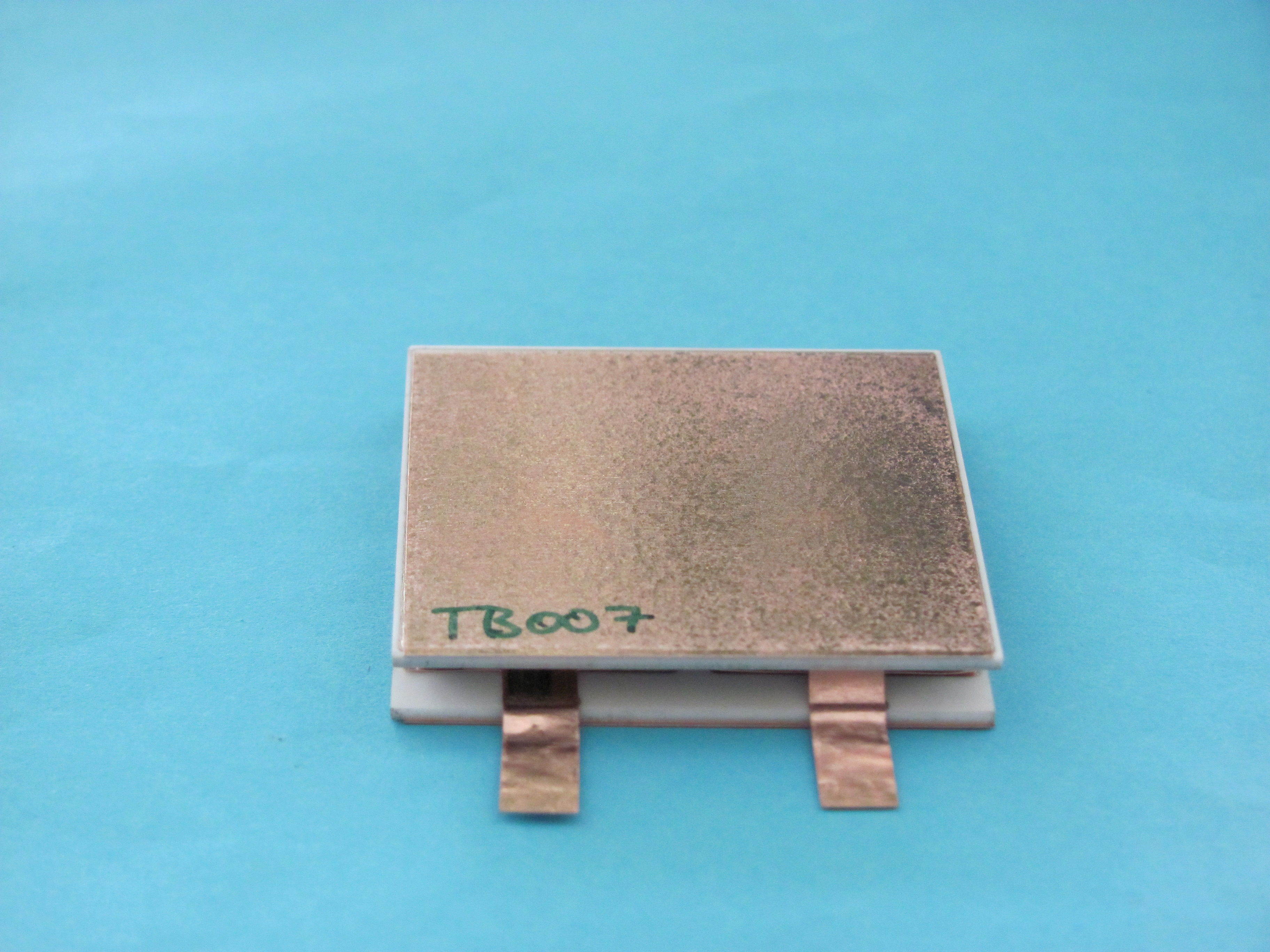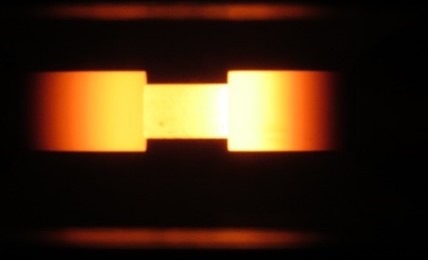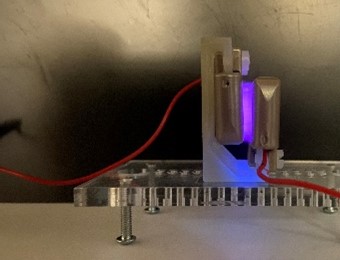


Fraunhofer IKTS has many years of expertise in the fields of ceramic materials with tailored electrical properties and material bonding processes for ceramic/ceramic and ceramic/metal composites. The main focus of our work is in the field of structural ceramics adaptable between a high electrical conductivity and a high electrical insulation effect. These include proven ceramic material types based on silicon carbide, silicon nitride, titanium oxides or boron carbide, as well as special materials such as zirconium carbide, tantalum carbide, titanium carbide or oxidic and non-oxidic composites. These are predestined for tasks in plasma technology, electronics, electrical engineering and sensor technology. Expertise in joining processes makes integration tasks and the electrical coupling of ceramic components into systems and processes complete.
For the development of structural ceramics with electrical functions and the adaptation of their mechanical, electrical and thermal properties, we use numerous supporting characterization methods (mechanical, electrical, tribological, corrosion, oxidation, high temperature) with reference to the respective application objective. Fraunhofer IKTS can map the entire value chain and thus transfer materials with tailor-made properties into prototypes and small batches. For special design or property-related requirements, we develop adjusted joining technologies.
Services offered
- Application-oriented development and optimization of electrically functional ceramics for electrical insulation, conduction, heating, sensor technology, thermoelectrics as well as ultra-high temperature ceramics (UHTC).
- Electrical material and component characterization - also in combination with oxidation, temperatures up to 2200 °C and mechanical loads
- High-temperature and low-temperature joining by means of soldering and bonding
- Example applications: Heating conductors, thermoelectrics, plasma electrodes, low-voltage varistors
Technical equipment
- Electrical measuring and test stands for investigations up to 2200 °C
- Basic modules for setting up application-oriented measuring stands for electrical components